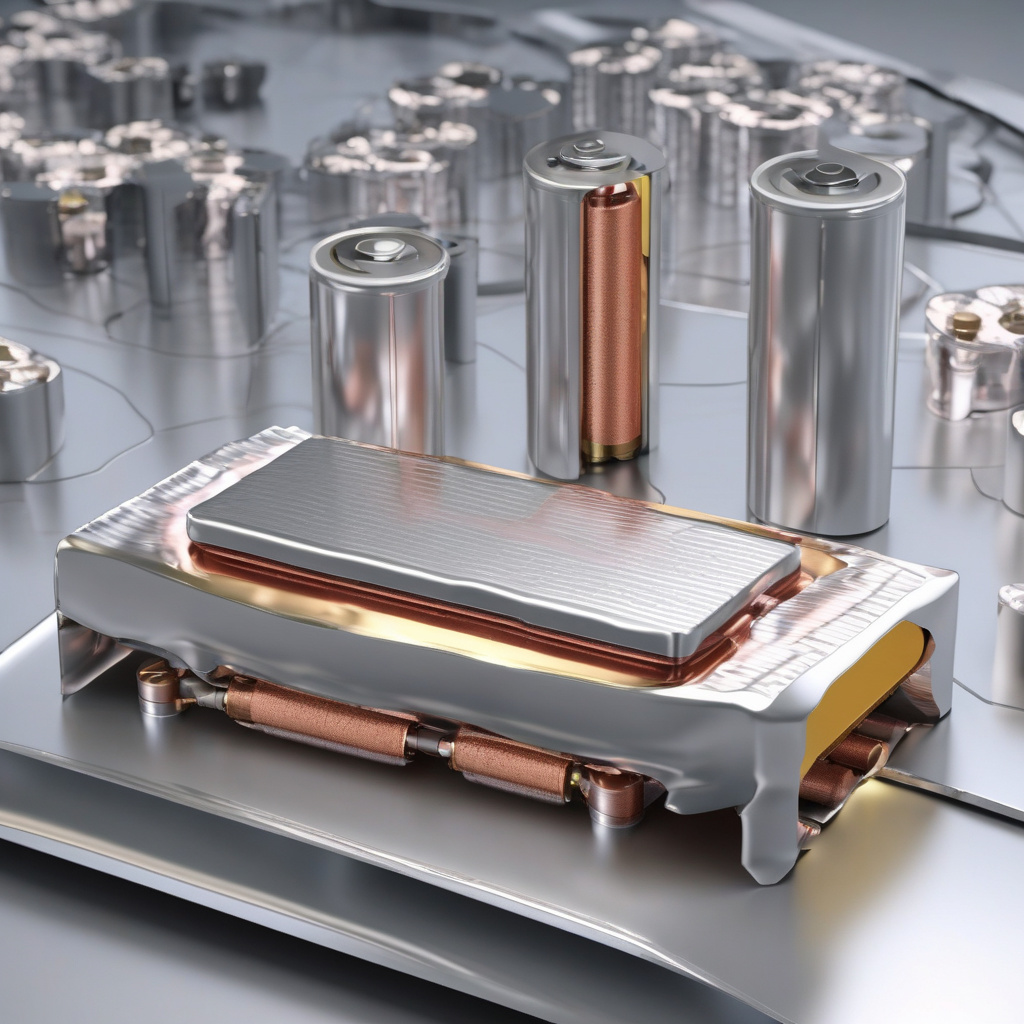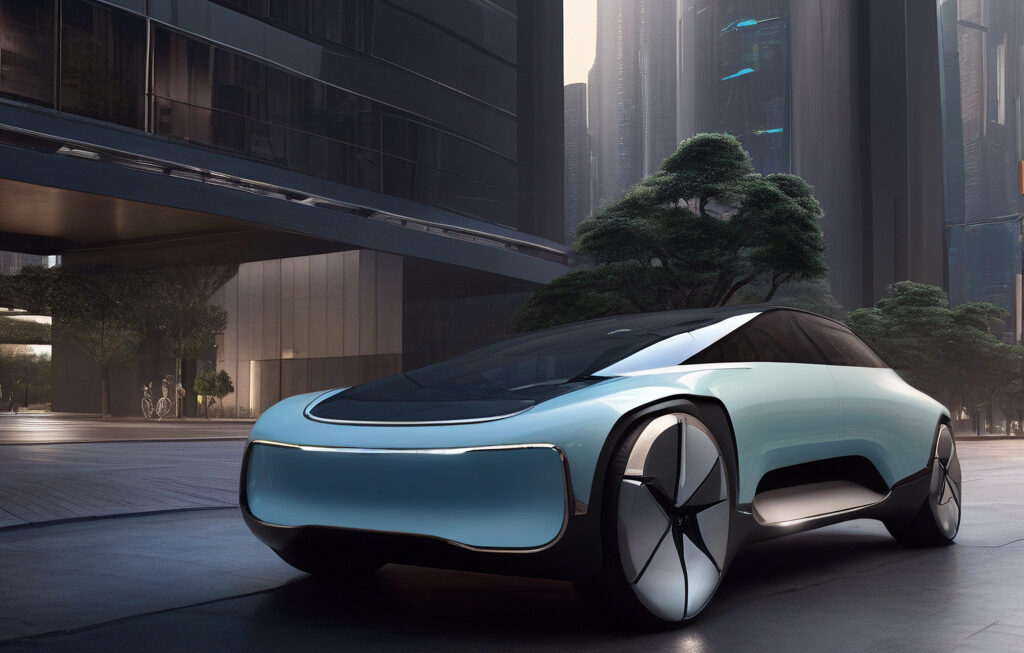Soft Metal Solid-State Battery Mimics Biology, Could Drive EVs 500 Miles Per Charge
Researchers at Georgia Tech have developed a new metal combination that could transform the future of electric vehicles. By mimicking biology, specifically the way our brains and hearts function, the team has created a soft metal solid-state battery that has the potential to revolutionize the automotive industry.
Traditional lithium-ion batteries have been the go-to power source for EVs, but they come with their limitations. These batteries degrade over time, have safety concerns, and can be quite heavy. However, the new soft metal solid-state battery addresses these issues by using a metal combination that is not only safer but also more efficient.
One of the key features of this innovative battery is its ability to self-heal. Just like how our bodies can repair themselves after an injury, this battery can also heal any damages that occur during charging and discharging. This self-healing property not only prolongs the battery’s lifespan but also ensures its safety, making it a game-changer for electric vehicles.
Moreover, the soft metal solid-state battery boasts a high energy density, meaning it can store more energy in a smaller and lighter package. This could potentially extend the driving range of EVs up to 500 miles per charge, alleviating range anxiety and making electric vehicles a more viable option for consumers.
In addition to its impressive performance, the battery is also environmentally friendly. The metal combination used in the battery is abundant and easily recyclable, reducing the carbon footprint of the manufacturing process. This aligns with the growing trend towards sustainability in the automotive industry and could pave the way for more eco-conscious practices.
Furthermore, the soft metal solid-state battery is cost-effective to produce. With the raw materials being readily available, the manufacturing costs are lower compared to traditional lithium-ion batteries. This could lead to a reduction in the overall cost of electric vehicles, making them more accessible to a wider market.
The potential of this technology goes beyond electric vehicles. The soft metal solid-state battery could also be used in various other applications, such as consumer electronics, renewable energy storage, and even medical devices. Its versatility and efficiency make it a valuable innovation with far-reaching implications.
As we look towards a future driven by sustainable energy solutions, the development of the soft metal solid-state battery marks a significant step forward. With its biomimetic design, high energy density, self-healing capabilities, and cost-effectiveness, this battery has the potential to reshape the way we power our vehicles and devices. The possibilities are endless, and the impact could be transformative.
In conclusion, the soft metal solid-state battery developed by researchers at Georgia Tech offers a glimpse into the future of energy storage technology. By drawing inspiration from biology and leveraging innovative materials, this battery could drive electric vehicles further, safer, and greener than ever before.
electric vehicles, sustainable energy, soft metal battery, Georgia Tech, innovation












